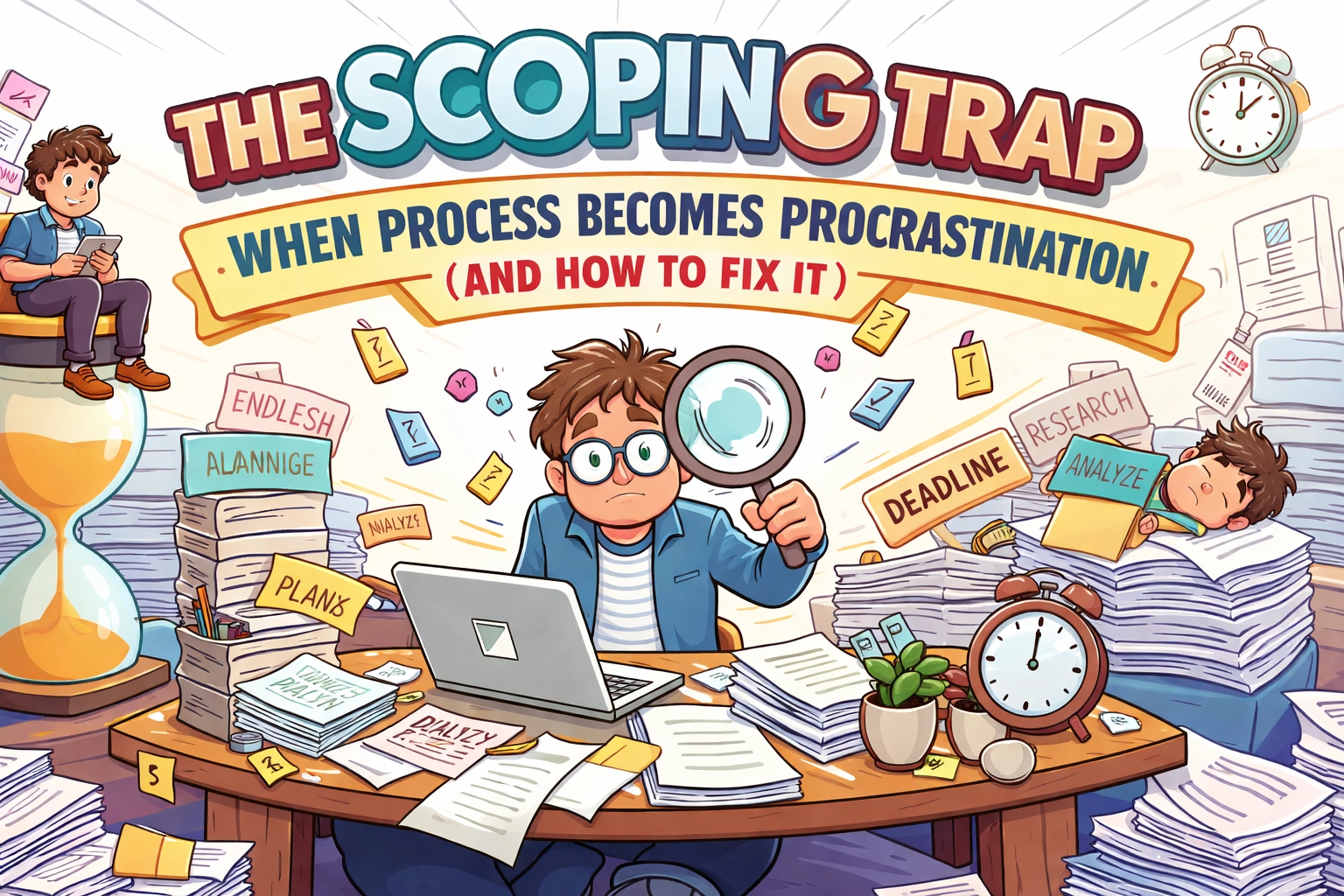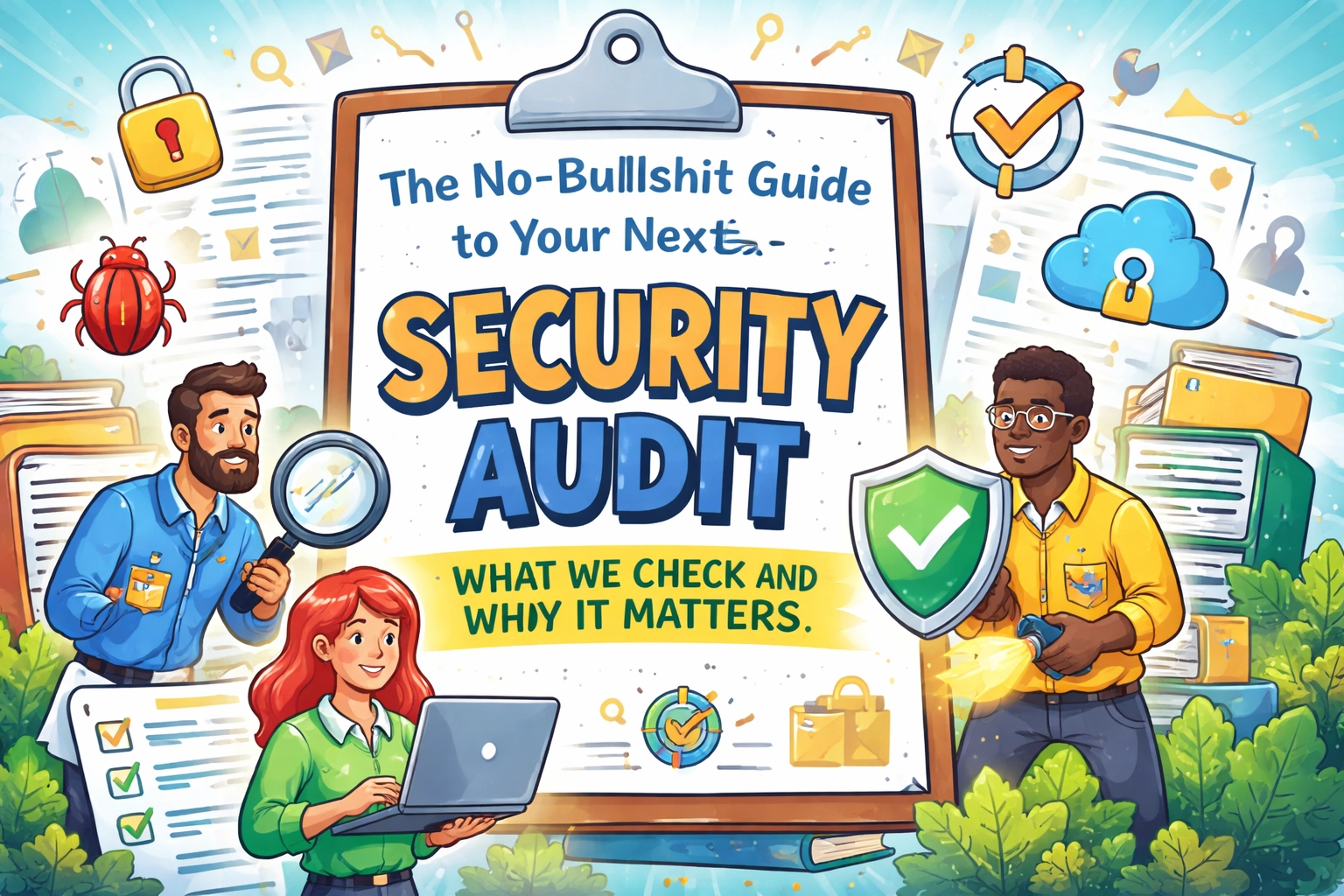The AI Boom: Awesome… But Also Dangerous
AI is everywhere now — helping with customer service, writing emails, analyzing trends. It sounds like a dream come true. But if you’re using it with private or regulated data (like health info, financials, or client records), there’s a real risk of breaking the rules — and getting into trouble.
We’ve seen small businesses get excited about AI… until they realize they might be violating privacy laws or risking a data breach without even knowing it.
🧨 The Risks: What Can Go Wrong
1. Privacy Problems
AI loves data. But it doesn’t automatically know what’s sensitive and what’s not. If you feed it customer info, financial records, or anything protected by law (like HIPAA or GDPR), you might be giving it too much — and breaking the law in the process.
Example: A bank uses AI to read customer chats. If those chats include account numbers or private details, and the AI wasn’t built with privacy rules in mind… boom — you’re in hot water.
2. The Rules Aren’t Clear
Most privacy laws were written before AI became popular. That means a lot of legal gray areas — and lawyers scrambling to figure out what’s allowed.
Bottom line: Just because you can use AI with your data doesn’t mean you should.
3. No One Gave Permission
Let’s say you collect customer info through your website. People agreed to let you use it for your services — not to train an AI system. If you reuse their data in ways they didn’t clearly agree to, you could be violating consent laws.
Real-world oops: Your marketing team uses past chat logs to train an AI bot. Those logs include personal info. The customers never agreed to that use. That’s a big no-no under laws like CCPA or GDPR.
4. AI Gets “Too Smart”
AI can sometimes figure out things you didn’t directly tell it. Like someone’s health status, income, or even pregnancy — based on patterns.
Example: A big retailer’s AI once figured out a teen girl was pregnant… before her dad did. AI connected her purchases with pregnancy patterns. Now imagine that happening with private medical data or financial info — it could easily become a lawsuit.
5. Bad Training Data = Your Problem Now
Most companies don’t build AI from scratch — they buy tools trained on someone else’s data. But if that training data was collected improperly? You’ve inherited their compliance mess.
Translation: If the AI you bought was trained on shady or illegal data, you’re the one regulators will come after.
6. Fake Data Isn’t a Free Pass
Using “synthetic” (fake but realistic) data sounds like a clever solution, but AI trained on fake data can make bad decisions. That can create new compliance risks — like accidentally discriminating against certain people when making lending or hiring decisions.
7. AI = New Security Target
AI systems can be hacked too. And if your AI is working with private or sensitive info, a hack could be a disaster — both legally and financially.
Today’s hackers are using AI to:
- Make ultra-convincing phishing scams
- Build smarter malware
- Trick systems into leaking data
When AI is involved, your cybersecurity risks go way up.
✅ How to Use AI Safely
1. Start with a Risk Check
Before using AI on anything private, ask:
- What kind of sensitive data is involved?
- What laws apply (HIPAA, GDPR, etc.)?
- Is our AI vendor compliant?
Bring your legal, IT, and compliance folks into the conversation early.
2. Build Privacy In
Don’t bolt it on later. Make privacy part of your AI system from day one:
- Limit the data AI sees
- Use encryption and access controls
- Set rules for deleting data
- Have a way to handle data requests (like “delete my data”)
3. Keep Humans in the Loop
Don’t let AI run wild. For anything sensitive — like decisions about money, health, or people’s jobs — always have a human review it.
4. Create Rules for AI Use
Make a clear policy that covers:
- Who’s allowed to use AI
- What approvals are needed
- How it’s being watched
- What records you keep
This shows regulators that you’re taking this seriously.
5. Get Help from Experts
Don’t try to do it all yourself. Partner with someone (like us at Your Personal Ninja) who understands both AI and compliance. We’ve helped businesses stay safe while still taking advantage of what AI can do.
⚖️ What’s Next for AI Laws?
Regulators are working on it. Europe’s got the AI Act. The U.S. is starting to draft new rules. Things will keep evolving — fast.
Smart businesses are:
- Watching for new laws
- Creating flexible compliance systems
- Building internal AI ethics and risk knowledge
🚦Final Thought: Be Smart, Not Sorry
AI is powerful. But with great power comes… yep, great responsibility.
Before you dive into using AI with sensitive data, take a breath. Think through the risks. Put safeguards in place.
The best AI strategies don’t just chase shiny new tools — they protect your business, your customers, and your reputation.
Want help figuring out how to use AI safely?
📅 Book a consult with Your Personal Ninja — we’ll walk you through it, plain and simple.
Would you like this in a slide deck, one-pager, or LinkedIn post format too?
Share this:
- Click to share on Facebook (Opens in new window) Facebook
- Click to share on Tumblr (Opens in new window) Tumblr
- Click to share on X (Opens in new window) X
- Click to share on Pocket (Opens in new window) Pocket
- Click to share on Pinterest (Opens in new window) Pinterest
- Click to share on LinkedIn (Opens in new window) LinkedIn






